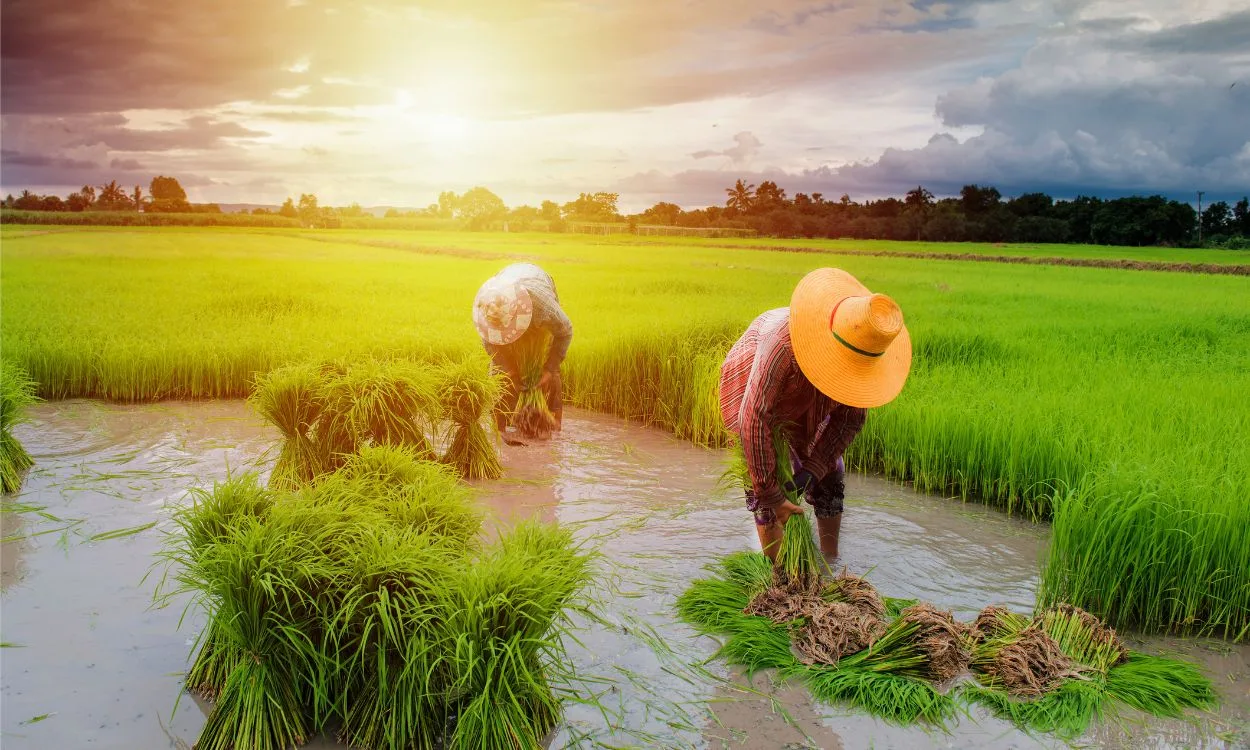The Impact of Rice on Sustainable Farming: Balancing Resources
Rice is a staple food in India and is consumed by millions of people every day. However, the cultivation of rice requires a significant amount of resources, including water, land, and labor. In recent years, there has been a growing concern about the sustainability of rice farming and its impact on the environment. In this article, we will explore the impact of rice on sustainable farming and how we can balance resources to ensure a sustainable future.
Water is one of the most critical resources required for rice cultivation. In India, rice is primarily grown in regions with high rainfall or with access to irrigation facilities. However, with the increasing demand for water in other sectors, such as industry and urbanization, the availability of water for agriculture is decreasing. This has led to the overexploitation of groundwater resources, which is not sustainable in the long run. To address this issue, farmers need to adopt water-efficient practices such as drip irrigation, which can reduce water usage by up to 50%.
Another critical resource required for rice cultivation is land. Rice requires a significant amount of land to grow, and this has led to the conversion of forests and other natural habitats into rice fields. This has resulted in the loss of biodiversity and the degradation of soil quality. To ensure sustainable farming, farmers need to adopt practices such as crop rotation and intercropping, which can help maintain soil fertility and reduce the need for chemical fertilizers.
Labor is also a critical resource required for rice cultivation. However, with the increasing mechanization of agriculture, the demand for labor has decreased. This has led to the migration of labor from rural to urban areas, resulting in a shortage of labor for agriculture. To address this issue, farmers need to adopt practices such as community farming, which can help create employment opportunities and ensure the availability of labor for agriculture.
In conclusion, rice cultivation is essential for food security in India. However, it requires a significant amount of resources, including water, land, and labor. To ensure sustainable farming, farmers need to adopt practices such as water-efficient irrigation, crop rotation, intercropping, and community farming. By balancing resources, we can ensure a sustainable future for rice farming and ensure food security for generations to come.
If you are looking to achieve your health and fitness goals, Fitpaa can help you. Fitpaa uses the latest state-of-the-art research in Lifestyle Medicine and Behavioral Therapy to help you achieve your health and fitness goals with a 100 percent guarantee. With Fitpaa, you get not just a mobile app, but your personal health and fitness team, including a fitness planner, fitness coach, nutritionist, and doctor. To experience Fitpaa with all the features and services mentioned above, just request a trial, and we shall get in touch with you to take you towards your dream life.









